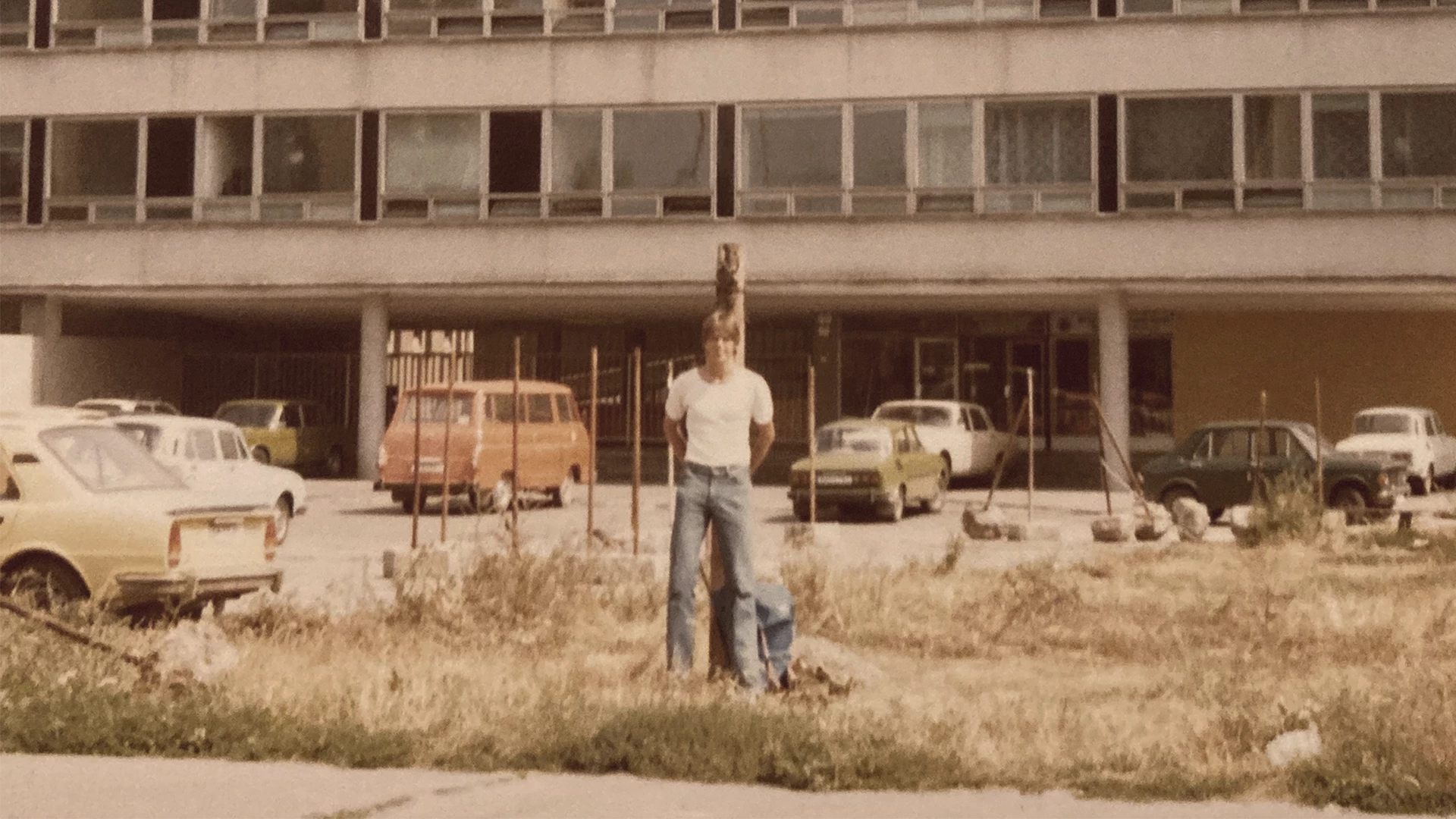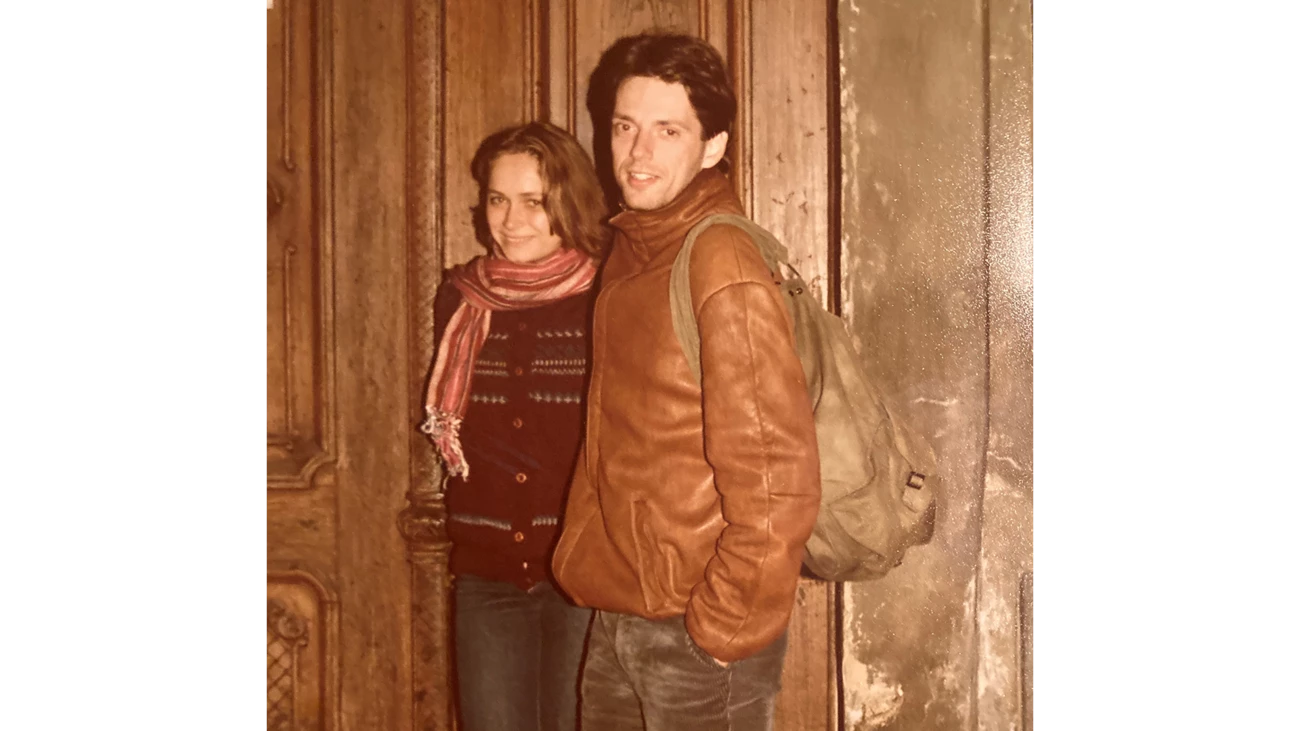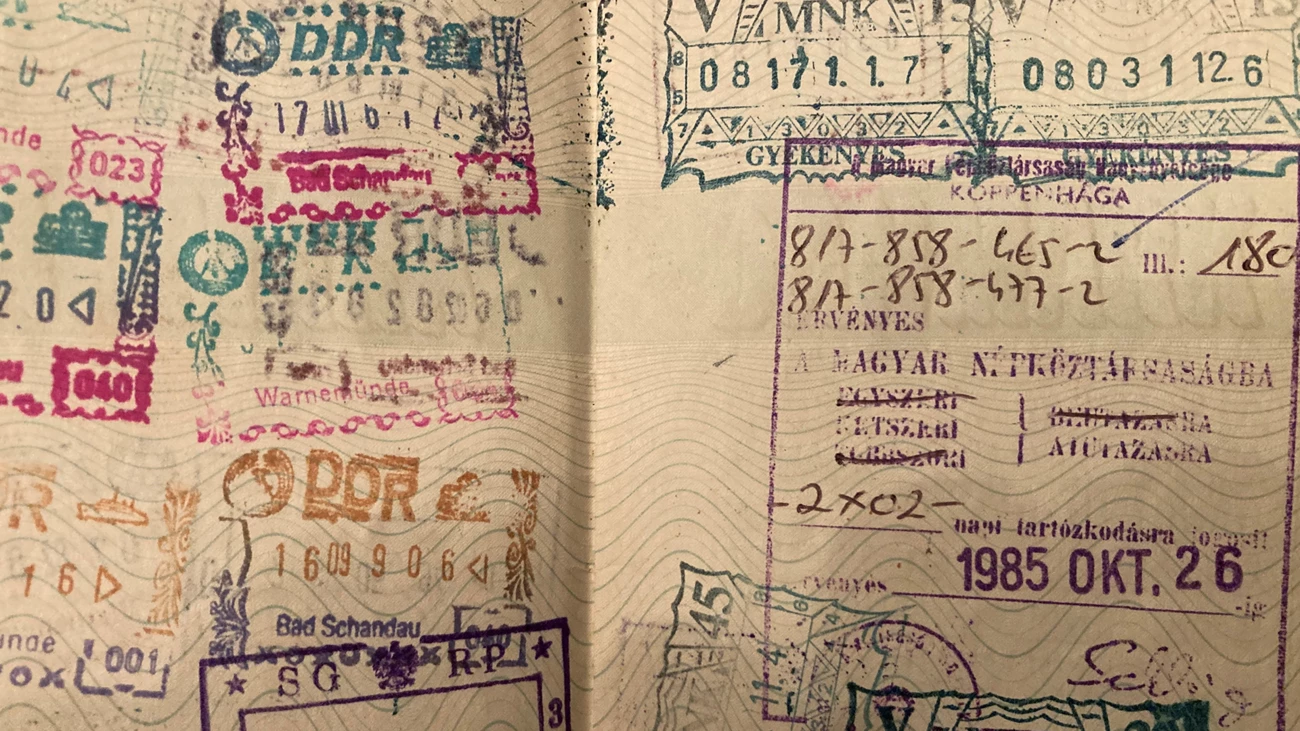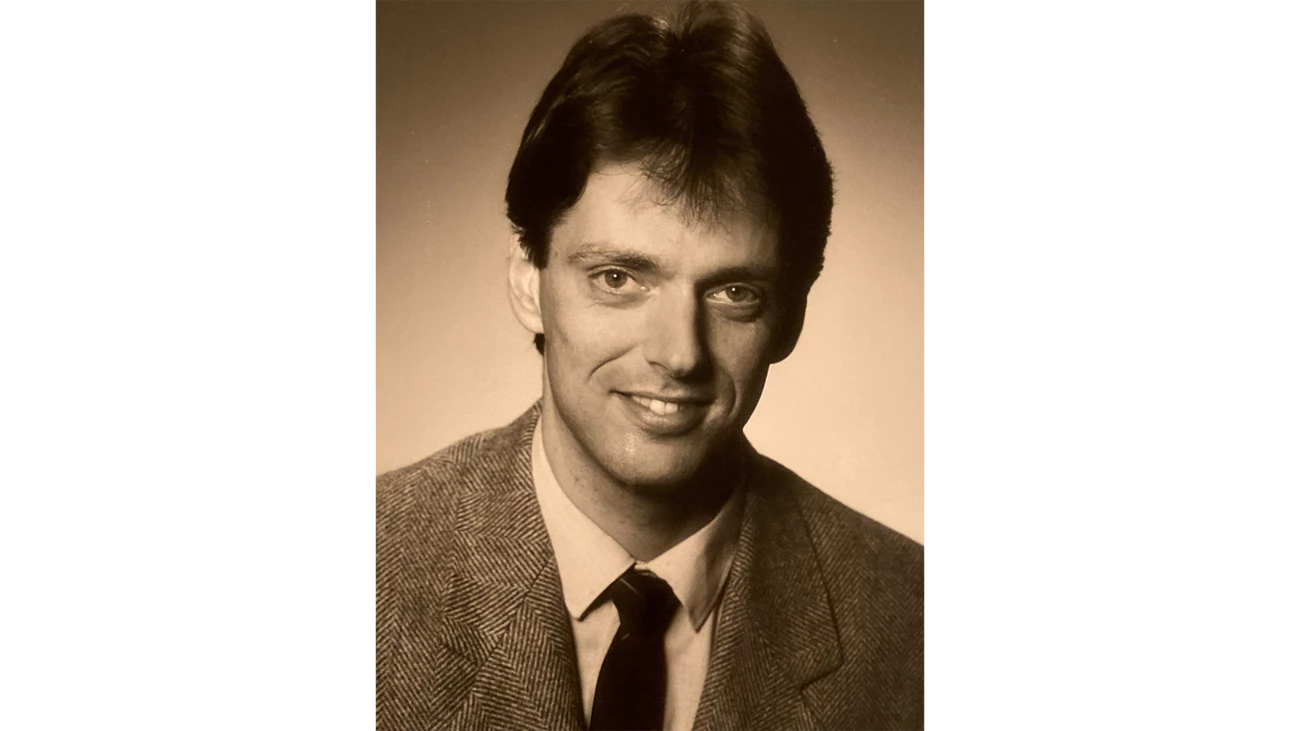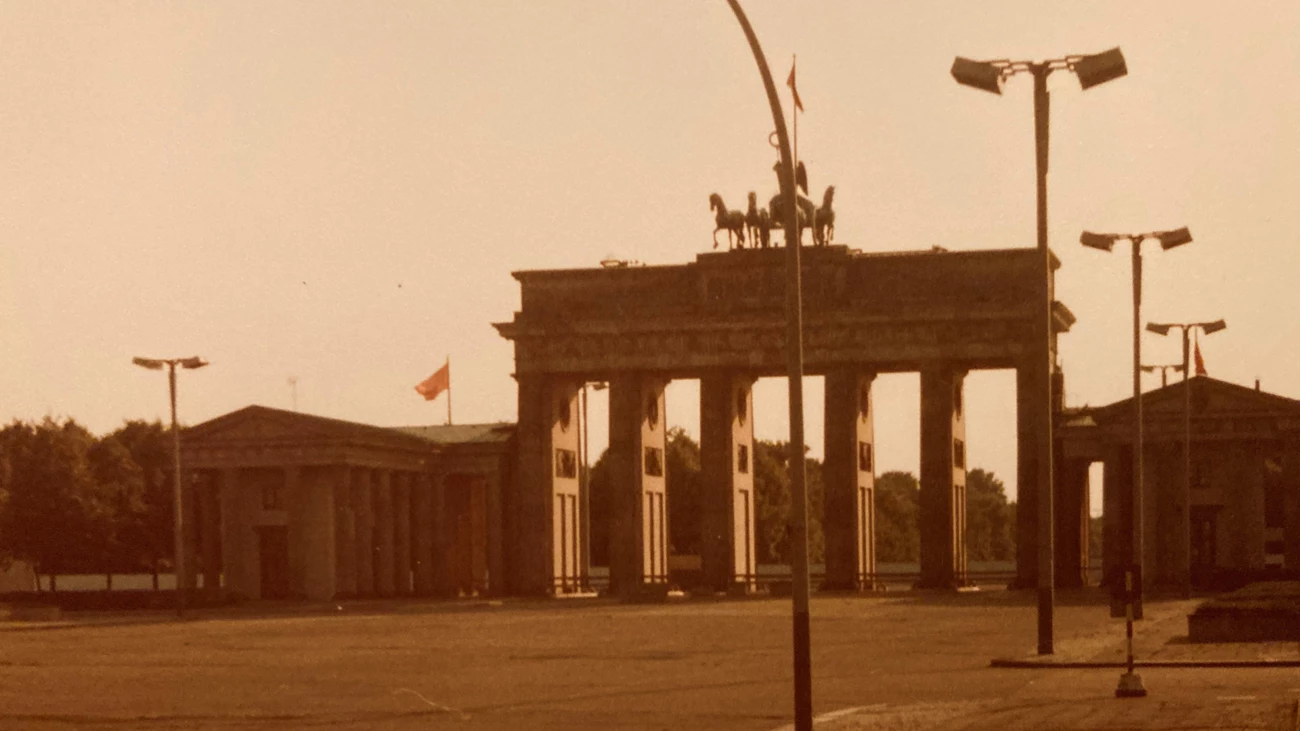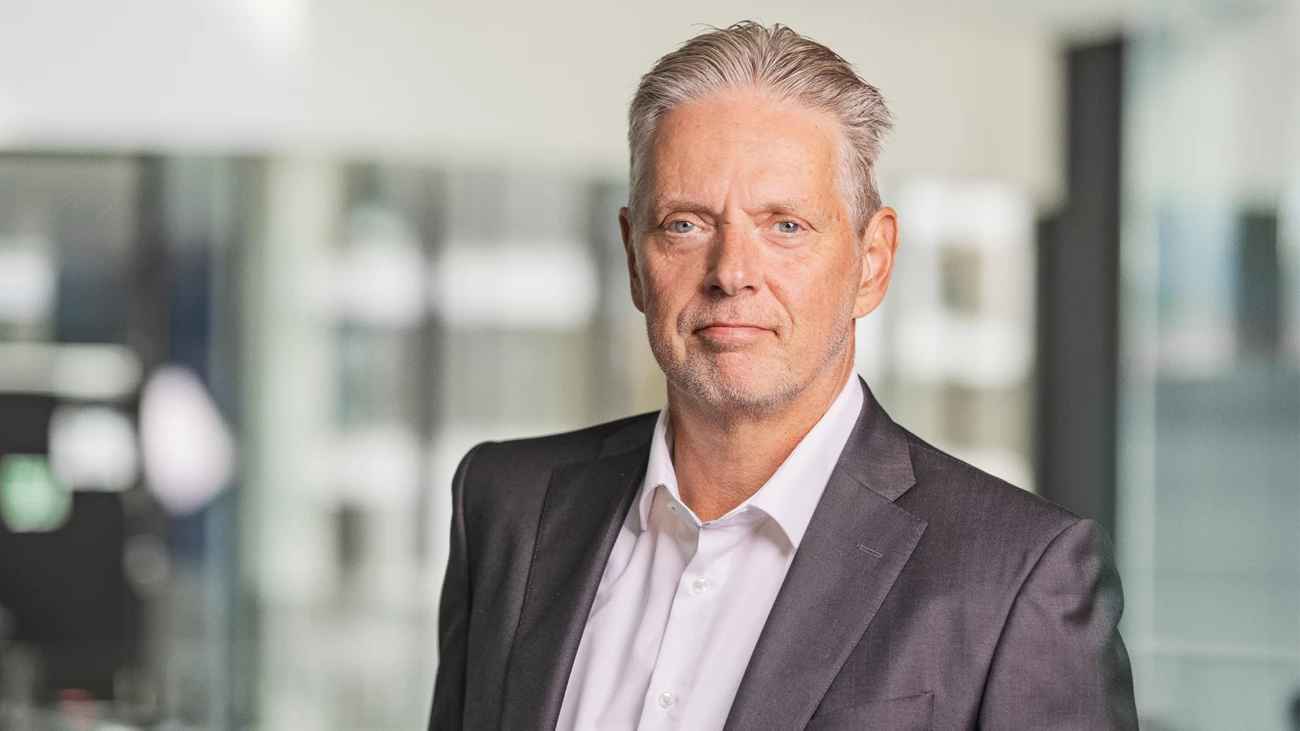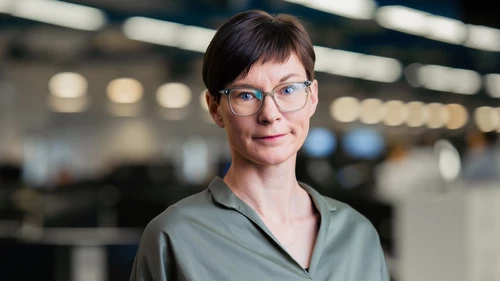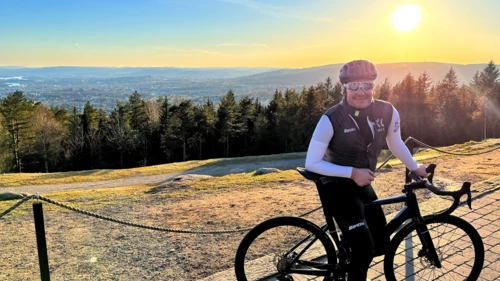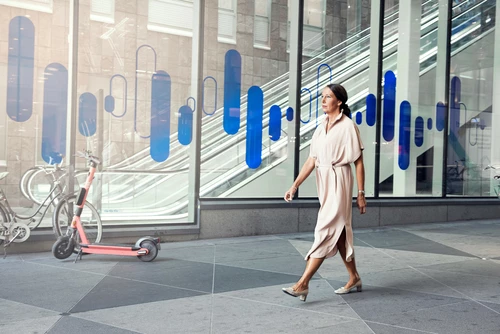Helge J. Pedersen at a glance
Position: Group Chief Economist at Nordea since 1999
Family: Wife Lubica, three adult children (32, 28, 20) and two grandchildren
Studies: Master’s degree in economics from the University of Copenhagen
Interests: A lifelong passion for football and sports. Biking, jogging and other physical activities are all important in my daily life. My wife is an art historian, and I have developed an interest in the arts over the years. The Austrian painter and founder of the Vienna Secession, Gustav Klimt (1862-1918), is my favourite.
Daily news sources and updates: Financial Times, The Economist, Foreign Affairs, Danish newspapers and analysis from Capital Economics
Favourite book: I read a lot and really like thrillers. Author Daniel Silva (former journalist and CNN producer) is a favourite. I also enjoy biographies and historical books. Right now I am reading an 800-page book about Europe in the wake of World War II. The book is called “Postwar: A History of Europe Since 1945” by Tony Just. It’s a masterpiece, and of course very relevant with the current situation in Ukraine. I also just finished “I hundene” by the German author Erich Kästner about life in Berlin during the Great Depression (1929-1939). I’m fascinated by both the interwar and post-war period, and what went on culturally, architecturally and historically. Those periods shaped our Europe of today.
Favourite podcast: The podcast “Genstart” from Danmarks Radio (DR) is the one I usually listen to. It takes a deep dive into different themes and discusses them in a way where you simply can’t stop listening.
Favourite TV show: My all-time favourite is the Danish sitcom “Klovn.” I just love it, and it always puts me in a good mood. But, like everybody else, I also do more streaming, and it’s great to watch a good TV show on Netflix or HBO Max. The last one I saw together with my wife was “The Last of Us,” which is excellent. Another good one made by Danmarks Radio is the weekly TV programme “Horisont,” which focuses on different themes, for example, from Ukraine or other foreign countries. I find that very interesting.
